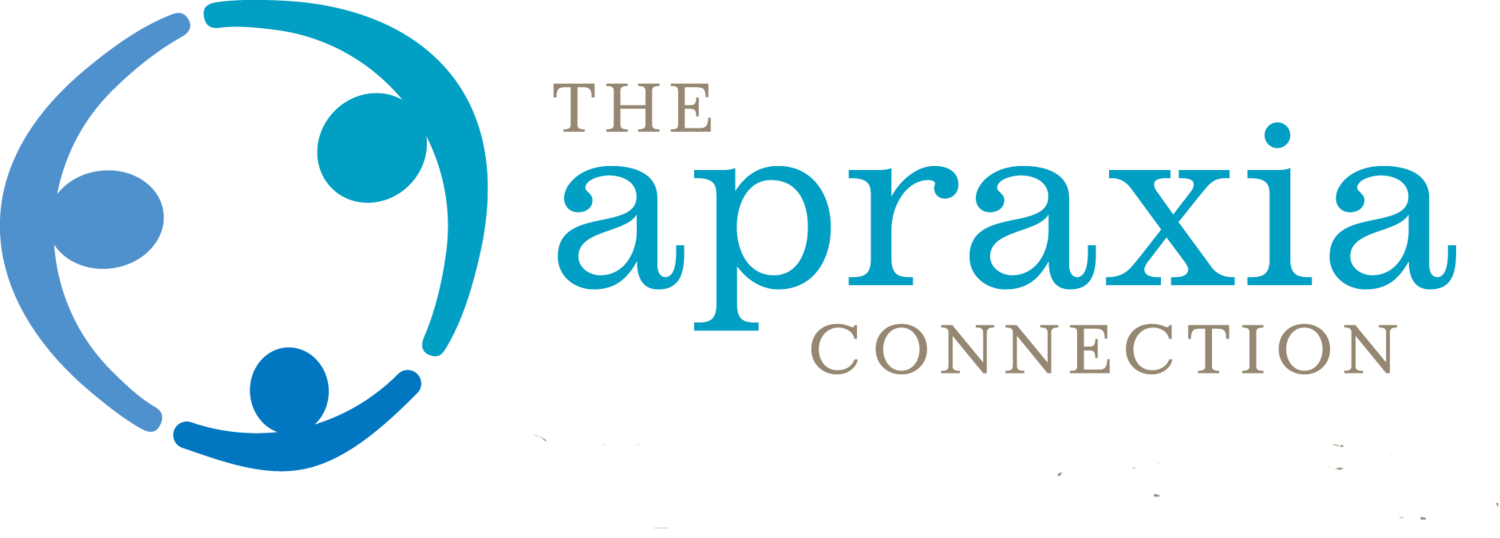Fifth annual Walk for Children With Apraxia of Speech to celebrate children with Apraxia and their hard work in speech therapy.
By Charlotte Eriksen October 15, 2013 at 2:05 pm
When La Grange Park resident Michele Kowalski learned her daughter was diagnosed with Apraxia about eight years ago, she hadn't heard of the motor speech disorder, let alone what she would need to do to address it.
Now, at age 10, Alex Kowalski is a total chatterbox, thanks to years of intensive speech therapy and support.
“She was late to talk and we didn’t know why she wasn’t talking, or even babbling,” said Kowalski. “It really took her years of intensive speech therapy to really be able to talk.
"When she started preschool she could hardly put two syllables together and now, this girl never stops talking—I can’t believe it! ...I remember being at the library and the librarian said ‘you have to be quiet,’ and I thought that was the best thing ever.”
This weekend, the Kowalskis and hundreds of other walkers will participate in the fifth annual Walk for Children with Apraxia of Speech. By , starting in Ty Warner Park in Westmont at 10 a.m. Saturday, Oct. 19. The walk, Kowalski said, builds awareness of the disorder what was such a mystery to her years ago.
“We don’t want people to say ‘what is that (Apraxia)?’ (We want) people to understand there is hope, and as long as they get speech therapy, there is hope.”
Learning to speak
Children with Apraxia typically understand language, and know what they would want to say, but a breakdown between the brain and the mouth prevents them from doing so, said Kowalski.
“They’re trapped. They want to talk, (but) they can’t talk and they get so frustrated… So many people take that (speech) for granted.”
Alex learned sign language at an early age, before she was able to speak, said Kowalski. At four, she could put words together and communicate her wants and needs, and had a device to use to communicate words when she was in school.
The turning point was when she could talk and be understood by strangers.
“I can remember one time we were at McDonald’s or something, and she needed a fork and we let her go and ask for a fork—and they gave it to her! For someone else to understand what she wanted …that was tremendous.”
A network of support
Since Alex's diagnosis, awareness of Childhood Apraxia of Speech has grown and more resources have become available to children with the disorder. A little over a year ago, Kowalski and a few other local families joined the effort, forming the Apraxia Connection, a nonprofit that supports local families with proceeds of the annual Walk for Children With Apraxia of Speech and connecting families with children with Apraxia.
The families have become a network of support for each other, sharing advice and resources on issues such as speech therapy, health insurance and school IEP programs.
Kowalski said more than 400 people have signed up for this year's walk, which typically raises about $30,000 each year for the Childhood Apraxia of Speech Association of North America (CASANA).
The Apraxia Connection was also recently able to donate about $5,000 to families for speech therapy—an expensive undertaking, with or without insurance, Kowalski said.
This year, the walk will celebrate the children and their hard work in speech therapy. They’ll be given medals, prizes and well-deserved praise.
For more information about the Walk for Children With Apraxia of Speech, go towww.apraxiaconnection.org.
http://patch.com/illinois/lagrange/apraxia-walk-with-speech-therapy-theres-hope_83e8cb77#.U9cacvldWjA

